Today’s challenges do not need to define our children’s destiny
Please join the movement to give all kids a nature-filled future.
Not that long ago, it wasn’t particularly easy to convince people that connecting with the natural world enhances physical, mental and social health, and improves cognitive skills. The accumulation of more than 1,000 supportive studies changed that. So did the pandemic. During months of social distancing, many people developed a deeper appreciation for and took solace in the wild animals outside their windows. And they felt less alone.
When pandemic restrictions began to lift, people flocked to the trail heads, but they did not necessarily take their children. More schools adopted safer outdoor classrooms, but those schools remained the exceptions. Even as the news media and countless Zoom conferences amplified the importance of nature experiences for health and well-being, families and young people spent even less time playing or learning in the natural world.
They continue to pay a price. Ongoing pandemic-related stress, added to the emotional difficulties and lack of treatment that so many young people were already enduring, has helped create what the American Academy of Pediatrics, the American Academy of Child and Adolescent Psychiatry and the Children’s Hospital Association call a “national state of emergency” in mental health among American youth.
In October, Secretary of Education Miguel Cardona shared these startling statistics: “Before the pandemic, 13 percent to 22 percent of school-age youth experienced some mental health challenges. Now researchers estimate that that number is up to 80 percent.” Two months later, the World Economic Forum reported new research that links reductions in outdoor activities and park use during the first year of the pandemic to decreases in mental health for young people from middle school through college, and that as young people’s time outdoors declined during the pandemic, their connection to nature decreased as well.
Throw in some eco-anxiety
The pandemic is not the only reason for the continued disconnect from nature and an unprecedented source of personal and societal depression.
The American Psychiatric Association defines eco-anxiety as “a chronic fear of environmental doom.” The Lancet, Britain’s prestigious medical journal, reports “Symptoms associated with climate anxiety include panic attacks, insomnia, and obsessive thinking…. potentially leading to increases in stress-related problems such as substance use disorders…” Like COVID, eco-anxiety has long-term implications. In 2016, a report issued by the American Psychological Association, Climate for Health, and ecoAmerica (a nonprofit for which I served as a charter board member) projected long-term societal damage caused by eco-anxiety, including interpersonal and intergroup aggression, and loss of social identity and cohesion, especially for “Indigenous communities, children and communities dependent on the natural environment.”
Scientific American reports mental health professionals who treat eco-anxiety are increasingly seeking personal support for it: “With no training, counselors feel unequipped to handle the growing number of people anxious about the climate emergency.”
The work of children and nature champions
Lest all this become too depressing and add to the problem, we should remind ourselves that just a decade or two ago, the importance of nature for mental, physical and cognitive health was seldom highlighted by media, health care organizations, educators, academic researchers or policymakers. My generation – the baby boomers – took for granted that the outdoor play and learning of our youth would continue forever. But in recent decades, we’ve seen the rapid growth of what I’ve called “nature-deficit disorder,” not a known medical diagnosis but a way to consider, and talk about, the price that we and future generations will pay for our species’ growing alienation from the rest of the natural world.
This is why the Children & Nature Network (C&NN) was created in 2006: to support the increasing number of people and organizations around the world who now work passionately to assure more and fairer access to the natural world.
Today, C&NN hosts the world’s largest international conference that brings them together; has built the largest research library on the benefits of nature experience; has launched a campaign to create green schoolyards around the world; and works for systemic change nationally and in cities across the nation, especially for families that have been denied the benefits of nature connection. C&NN also works to achieve a newer normal: schools, homes and cities infused with forests and parks that absorb carbon, increase biodiversity and improve the health of humans and other living things — which in turn reduces the chances for future pandemics.
As a longtime journalist, I’m proud that C&NN also offers Finding Nature News, edited by Laura Mylan. Throughout 2021, Finding Nature News has reported on the children and nature movement. Each story shared and every leader profiled offers the possibility of a different kind of childhood: one inspired by outdoor experiences that make kids healthier, happier and more successful in school. One that nurtures love for the natural world amidst dramatic environmental threats. And one that addresses the fact that too many children are denied the benefits of nature because of the barriers of race, economics, abilities, identity or zip code.
I’ve selected a few 2021 Finding Nature News stories in the sidebar that reinforce the need for a wide range of leaders working across many sectors to reverse the trend toward an indoor childhood, and that all children – not just a few – have a human right to the healing gifts of the natural world. These stories, and the work of good people around the world, show that the challenges we face do not have to define our children’s destiny.
I hope you enjoy these stories and that you’ll join me in supporting the work of the Children & Nature Network by becoming a member or by making a year-end gift. There is much to be done.
Onward!
1 Comment
Submit a Comment
2021 Finding Nature News Highlights:
- Cities take the lead in transforming schoolyards with nature
- Collaboration by nature: Getting children outdoors gets top billing when organizations work together
- Minnesota’s capital city brings more people to nature with a focus on innovation and equity
- Investments in nature are win-win for communities recovering from COVID-19
- Nature is helping to shape today’s young leaders
- Creative shift save young naturalist program engages teens in new ways
- Watershed School keeps kids connected to nature, at home
- Kid’s Nature-Future art exhibit
-
Feature
GROWING POWER: Urban Roots connects young people with natural spaces, food systems – and one another
-
Feature
Nature photographer Dudley Edmondson has a vision for the representation of Black and Brown faces in the outdoors
-
Network News
Community Spotlight: Prescribe Outside
-
Richard Louv
SPRING FORWARD! 12 Ways to Make Sure Your Kids (and You) Get the Right Dose of VITAMIN N this Spring — and Summer, Too
-
Voices
Placemaking: How to build kinship and inclusive park spaces for children with disabilities
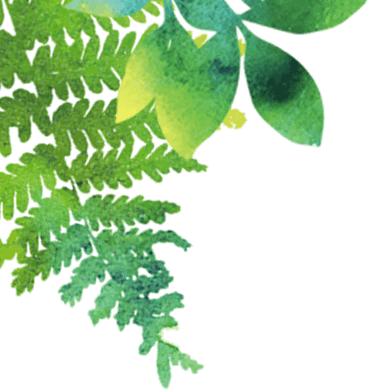

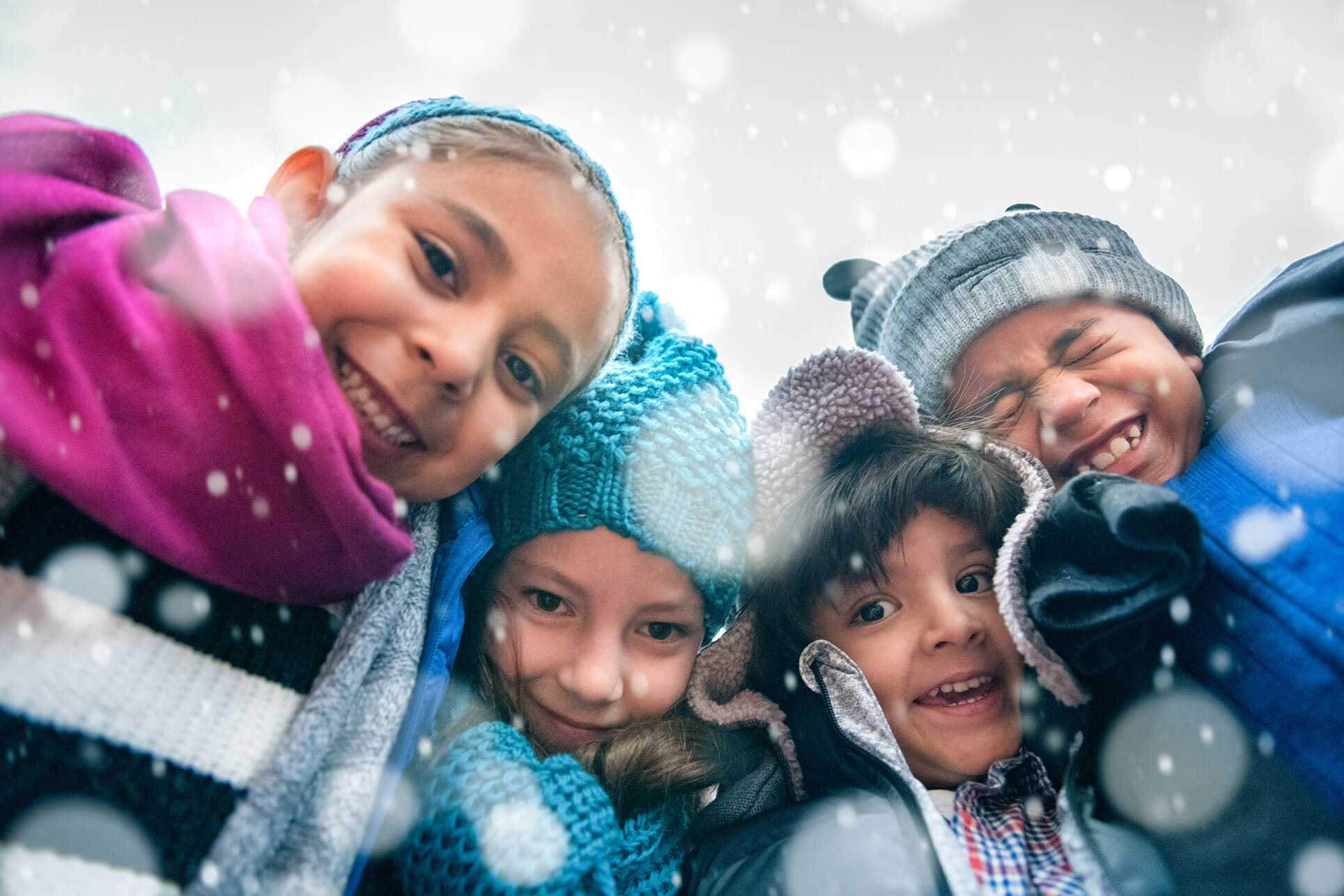
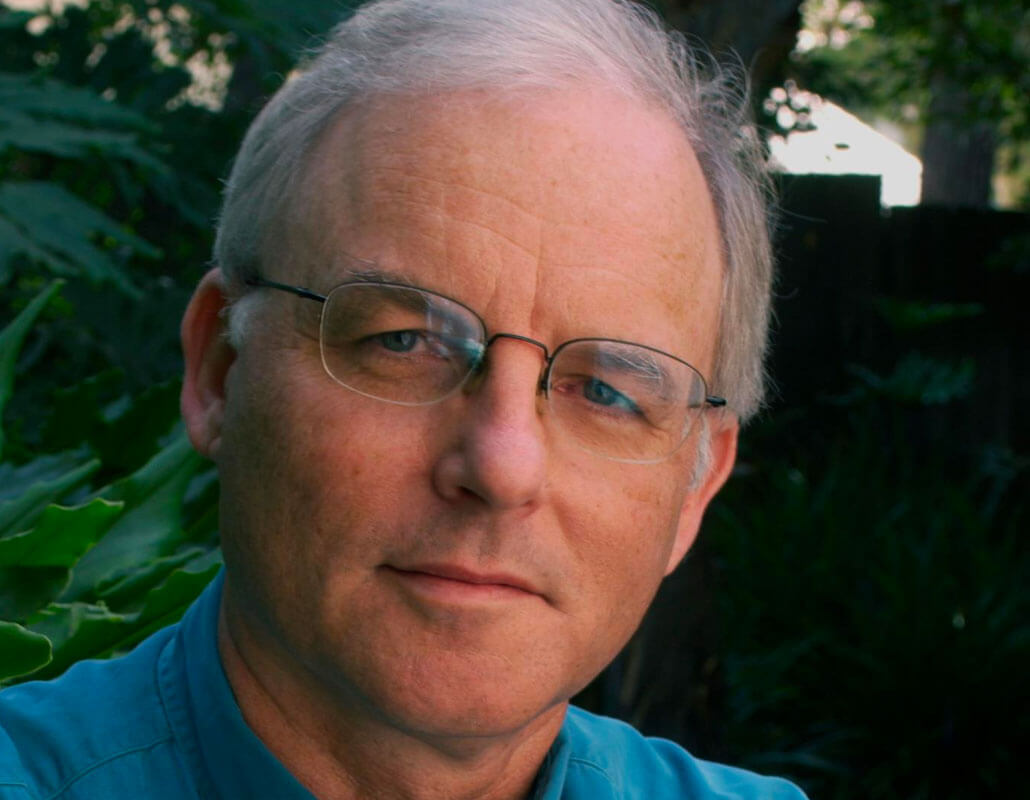
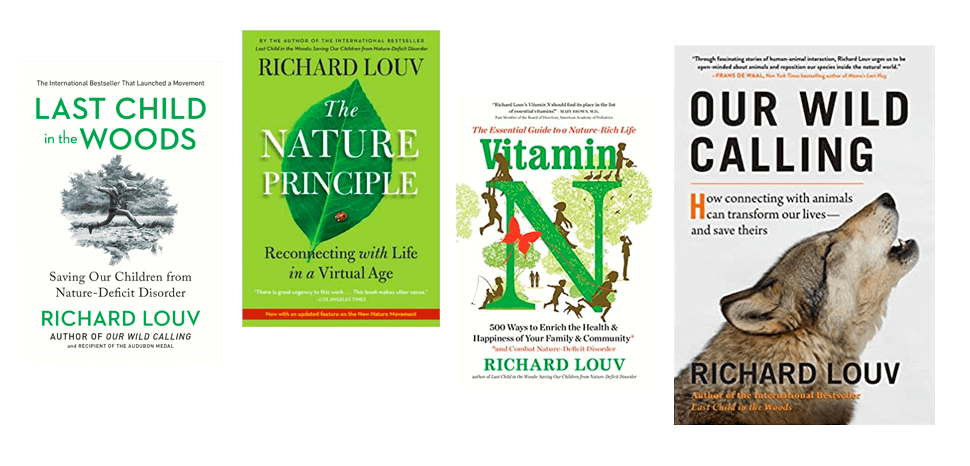
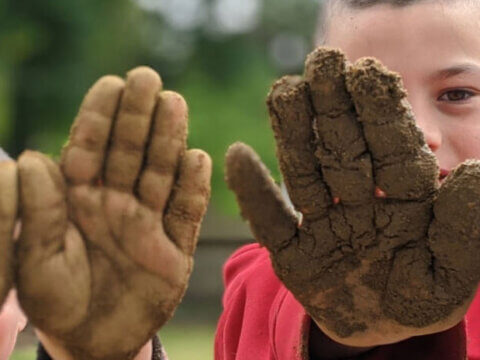
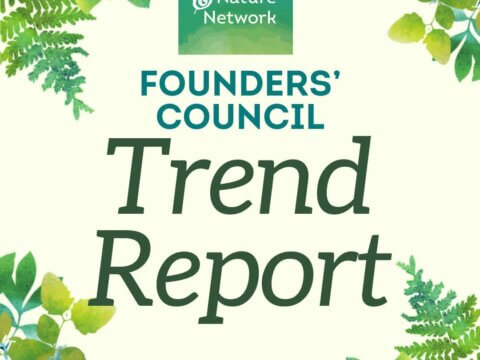
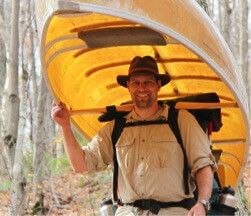
I’m with ya a little bit of Nature goes a long way to help children and adults. We need a serious return to Nature in our everyday life and the knowledge of life that it brings. We live in the garden. Nature is the key to our children’s future and every ones wellbeing. If we are to survive and thrive we must understand that it is the critical part of the equation. Never in the history of man have we been so out of touch and spend so little time with the wonders of Nature.
love john